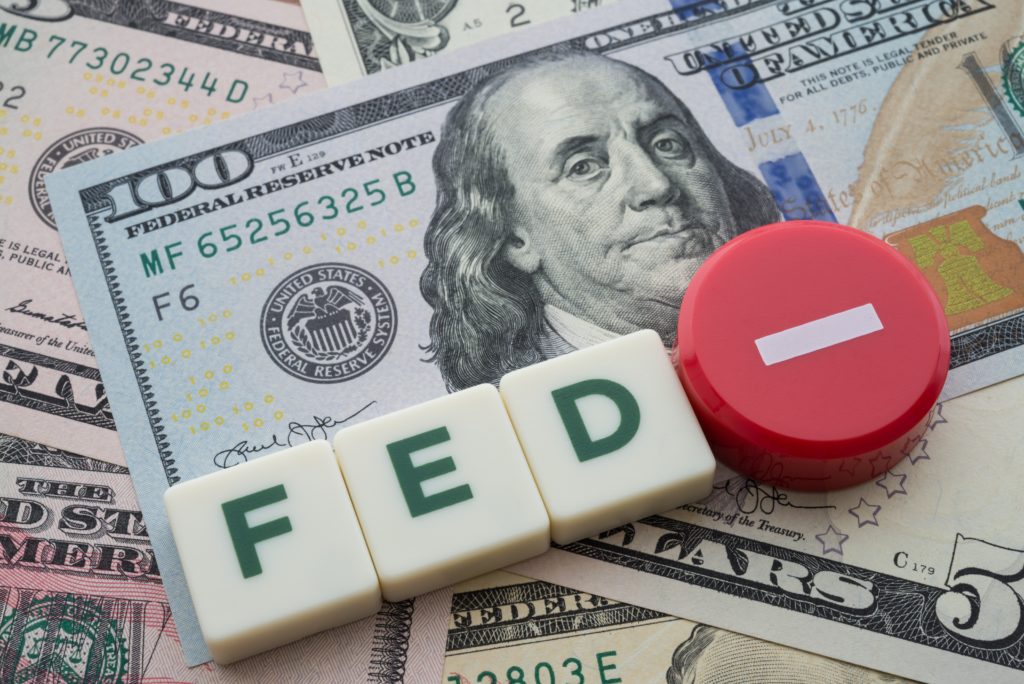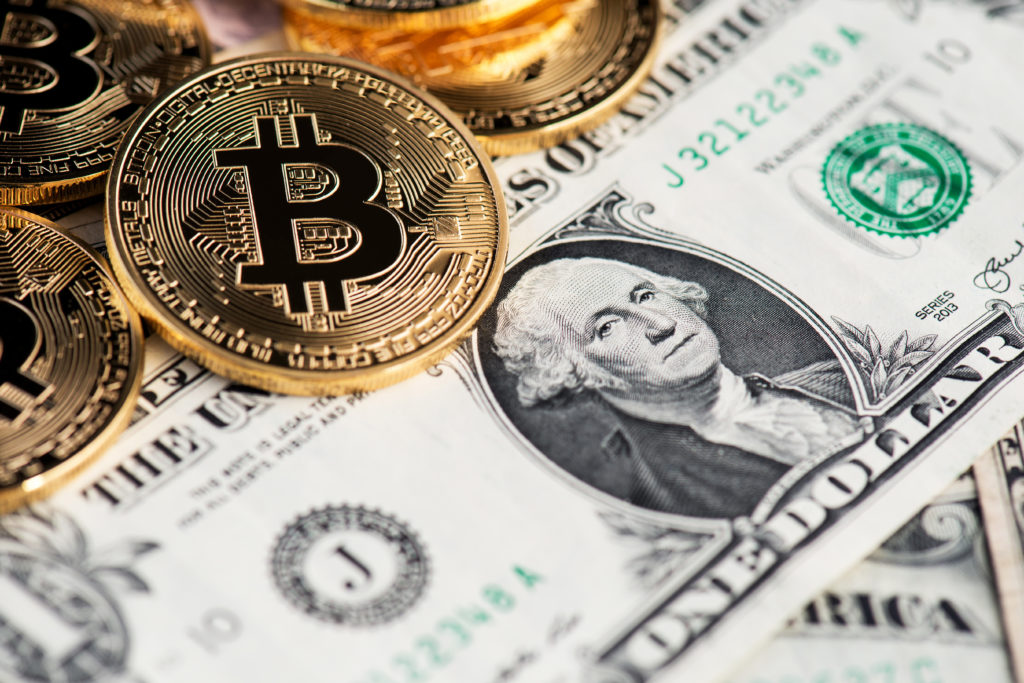
Could Governments Kill Crypto?
Some view crypto as a threat to government-backed fiat currency, will governments continue to allow it to be legally traded, would it be in their interests to try to stop it and could they shut it down even if they wanted to?
To truly understand the implications of cryptocurrency requires an entire rethink of how we think about the monetary system. To put it bluntly, cryptocurrency is a revolutionary idea.
Cryptocurrency allows money to be created, sent and received with transparency and efficiency, without the consent of a bank, government, or any third party at all.
In the words of Victor Hugo, “nothing is more powerful than an idea whose time has come”, and that truly seems to be the case for crypto.
Last week Turkey became the latest country to try to ban the use of cryptocurrency for payments, raising the question of whether users should be worried. The move follows similar action in Nigeria where financial institutions are banned from handling cryptocurrency.
Mirror images
Historically, money was tied to a commodity, usually gold, which provided the basis for the underlying value.
However, since the early 1970s, fiat currencies such as the US dollar have been used as the main form of payment around the globe, these currencies are no longer tied to the price of gold. They work only because of the faith in the economies of the governments that issue them. This faith is currently in doubt as we are witnessing historic changes in the amount of new money governments are choosing to print.

In one crucial sense, Bitcoin is a mirror image of fiat currencies, a “hedge against inflation”, as it is often described. It is often said that Bitcoin “holds no intrinsic value”, but that’s not entirely true. Its value is based upon the trust of its users in the power of an algorithm to deliver the vision of the future that Bitcoin offers: a world in which a currency exists that can’t simply be printed, as it’s supply is fundamentally limited by design.

It is trust in this simple idea that has carried Bitcoin to this point, and there is little reason to doubt that this trust will continue to solidify further in future. This could be, and has been, a scary thought for many governments worldwide, but can they really do anything about it?
Perhaps more importantly, would it be in their interests to even if they could?

The precedent has been set
During Bitcoin’s lifetime, several countries have tried to ban the use of the cryptocurrency. Countries such as India, China, Thailand, and most recently, Turkey and Nigeria, have all seen cryptocurrencies as a threat to their local currencies and issued stark warnings towards their use or attempted to ban them altogether.
However, most countries that attempted to ban cryptocurrency have ultimately come to realise that banning them is the wrong solution. Governments that took an initial knee-jerk reaction, have now largely reversed their views, seeking for regulatory control instead.
Governments and institutions are beginning to understand the role that Bitcoin will have in the future and the risk to their economy that banning cryptocurrency presents. If cryptocurrency does indeed end up providing the foundations for the monetary system of the 21st century, then woe-betide any country that excludes itself.
In any case, previous bans have not always worked the way governments were expecting. This is usually down to the phenomena known as the ‘Streisand effect’.
Ever heard the term “bad publicity is good publicity?”
Banning something often has the complete opposite of its intended effect, leading to an increase in usage. This has been seen in Nigeria, where the value of Bitcoin has grown higher than in the rest of the world, the proportion of the population that uses crypto has grown to 32%, higher than any other country and the transaction volume on P2P exchanges in the country has gone up 27% since the ban. Tell the majority of people that they can’t have something and what do they end up wanting? The exact thing you have just told them that they can’t have.
To not adopt crypto is to be left behind
Unlike fiat currencies, Bitcoin is not restricted by country borders. To truly ban Bitcoin would require a united agreement from all governments globally and as Dan Held reminds us, governments around the world have not even been able to agree on something as desperately needed as a global policy for climate change, so is a global policy for Bitcoin realistically likely to happen?
Crypto has already won
Over the past decade, cryptocurrency has steadily increased its market penetration, entering the balance sheets of publicly traded companies from Microstrategy to Tesla. With powerful companies such as PayPal now making significant investments in Bitcoin, bans become increasingly unlikely.
Any ban would have highly questionable legal basis and increasingly formidable opponents, not to mention cutting off a competitive advantage over other countries that opt not to ban it and instead welcome crypto businesses and their potential to drive growth with open arms.
As crypto adoption continually increases, it becomes exponentially harder for governments to shut it out of the financial system. Are we at the point of no return yet? It certainly seems that way.
To stay up to date on all things crypto, like Xcoins on Facebook, follow us on Twitter and LinkedIn and sign up at the bottom of the page to subscribe.

